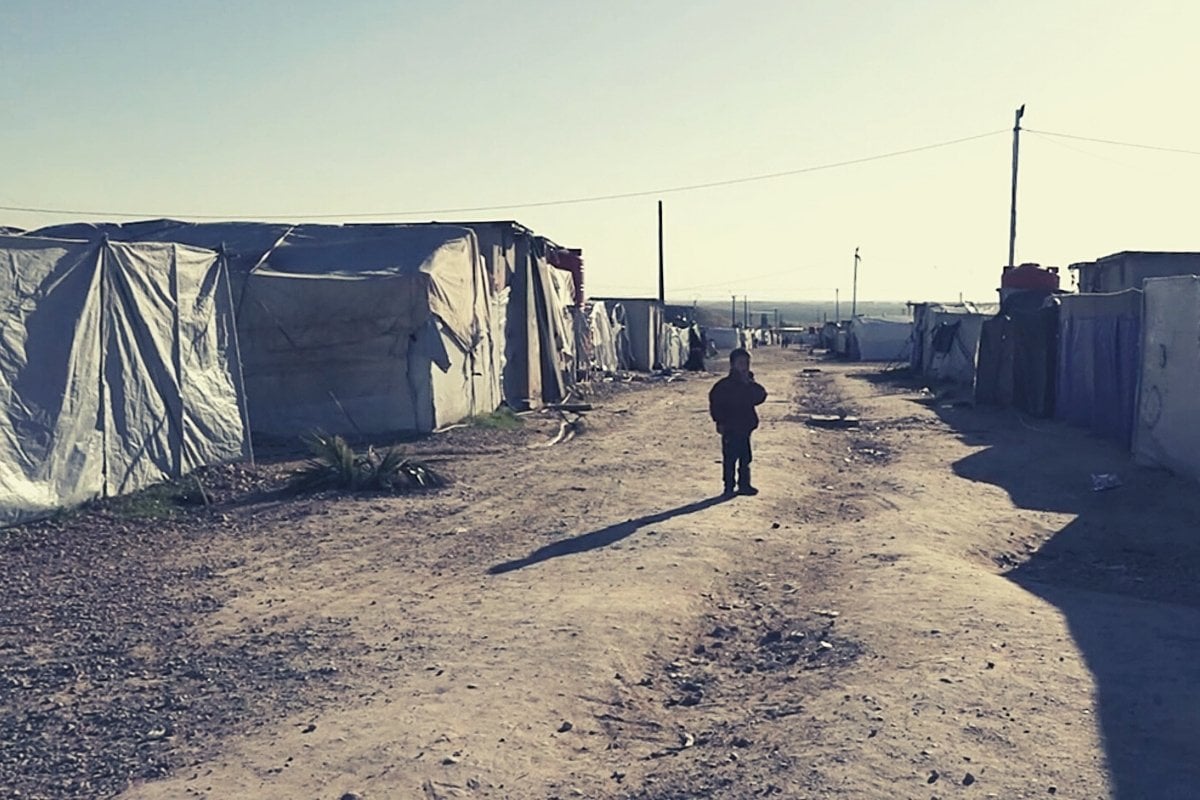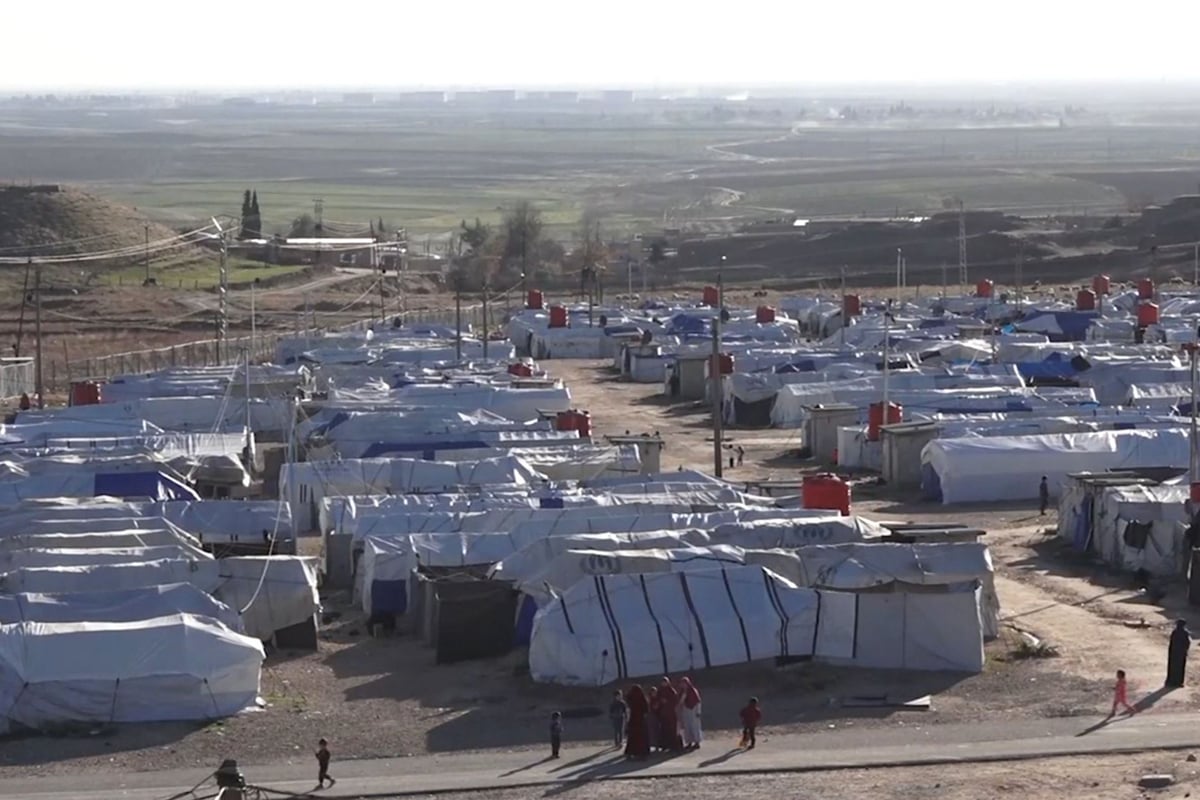
In the northeastern corner of Syria, tens of thousands of people are detained in squalid displacement camps, fenced off from the outside world.
Among these people are more than 60 Australian citizens, at least forty of which are children. Most are under six years of age.
For two years now, aid organisations have been warning about the conditions in these tent facilities, issuing reports about scarce food, contaminated water, rising violence and declining medical care.
Just this week, Save The Children Australia learned that an 11-year-old Australian girl collapsed from malnutrition in the al-Roj camp on May 23 and was attended to by ambulance medics.
Her condition remains unclear.
"The Australian children are sick and deeply traumatised by what they have experienced," Mat Tinkler, Deputy CEO of Save the Children said in a statement. "Like all children in Syria, the Australian children are at serious risk of disease, malnutrition, exploitation and violence.
"We fear it’s only a matter of time before an Australian child dies."
"Never gets better": The situation in the camps.
Since Islamic State (ISIL) lost power in Syria, the Kurdish-led regional authorities have confined tens of thousands of Syrians, Iraqis and 'third-country nationals' — including Australians — in overcrowded camps in the country's northeast.
These people include large numbers of women and children who were rounded up amid the extremist group's downfall in 2019 because they are presumed to be related (through blood or marriage) to members of ISIL.
Many of the camp's foreign residents were lured into making the journey to Syria by ISIL propaganda, or are victims of trafficking and coercion.


